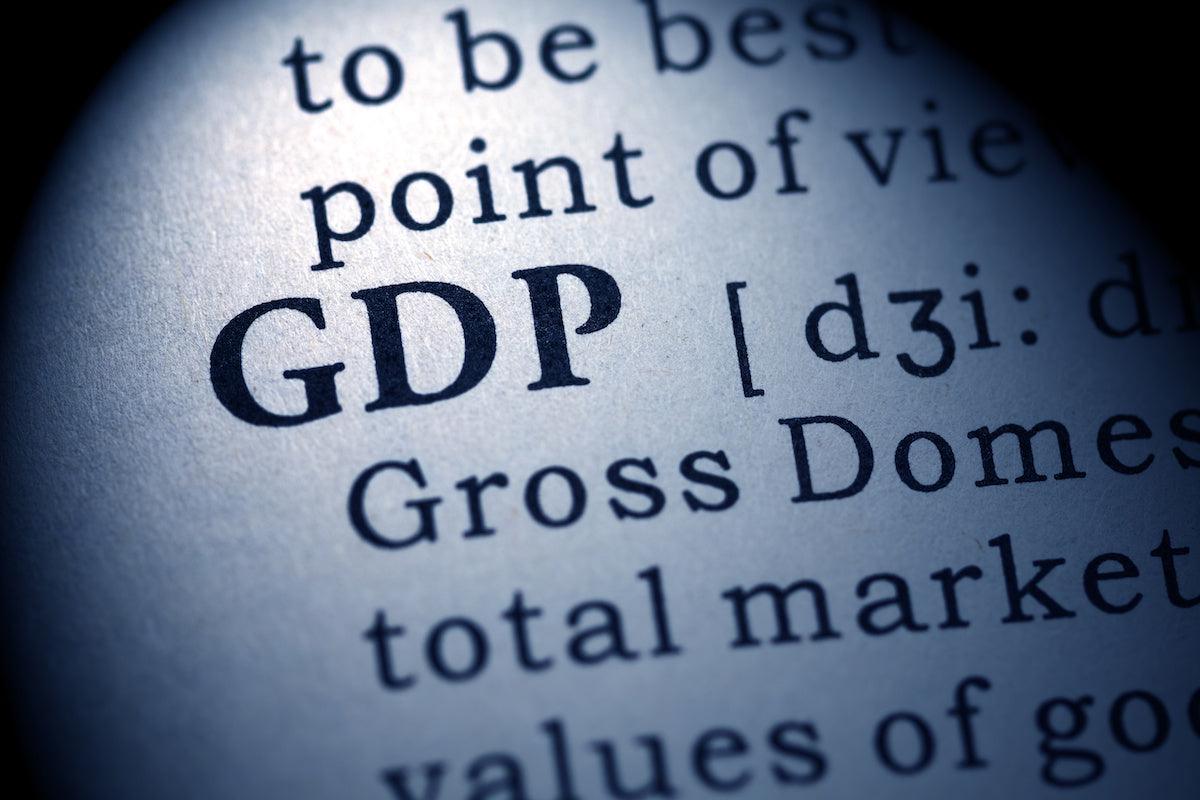Gross Domestic Product (GDP) is a measure of the size and health of a country's economy. It represents the total monetary value of all goods and services produced within a country's borders over a specified period, usually one year. GDP is considered to be one of the most important indicators of a country's economic performance and is closely watched by policymakers, investors, and economists.
GDP can be calculated using three different methods: the expenditure approach, the income approach, and the production approach. Each method provides a different perspective on the economy but should ultimately yield the same result.
The expenditure approach calculates GDP by adding up all the spending on final goods and services in the economy. This includes consumption spending by households, investment spending by businesses, government spending on goods and services, and net exports (exports minus imports).
The income approach calculates GDP by adding up all the income generated by the production of goods and services in the economy. This includes wages and salaries, profits, interest, and rent.
The production approach calculates GDP by adding up the value added at each stage of production. This includes the value of all the inputs used in production, such as labor and capital, as well as any profits generated.
GDP provides a measure of the total economic output of a country, but it does not necessarily reflect the well-being of its citizens. For example, a country with high GDP may still have significant poverty, inequality, or environmental degradation. GDP also does not take into account non-monetary factors that contribute to well-being, such as social capital, education, or health.
Despite its limitations, GDP remains a widely used measure of economic performance. It provides policymakers and investors with a snapshot of the health of the economy and can be used to compare the economic performance of different countries or regions. However, it is important to consider other factors alongside GDP to get a more complete picture of a country's economic and social well-being.
GDP is a measure of the total value of goods and services produced within a country's borders over a specified period. It is calculated using three different methods and provides policymakers, investors, and economists with an important indicator of economic performance. However, it is important to consider other factors alongside GDP to get a more complete picture of a country's economic and social well-being.


